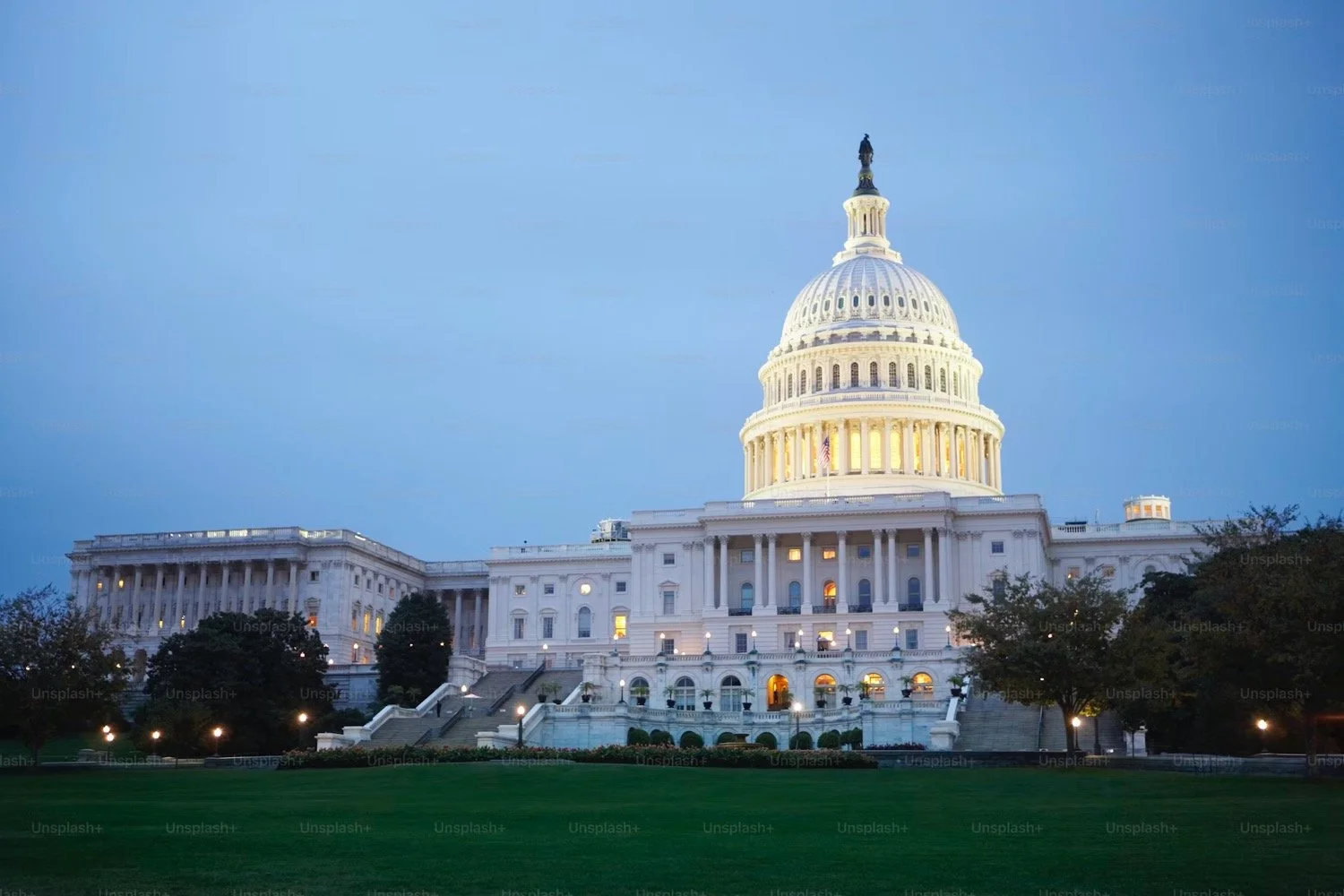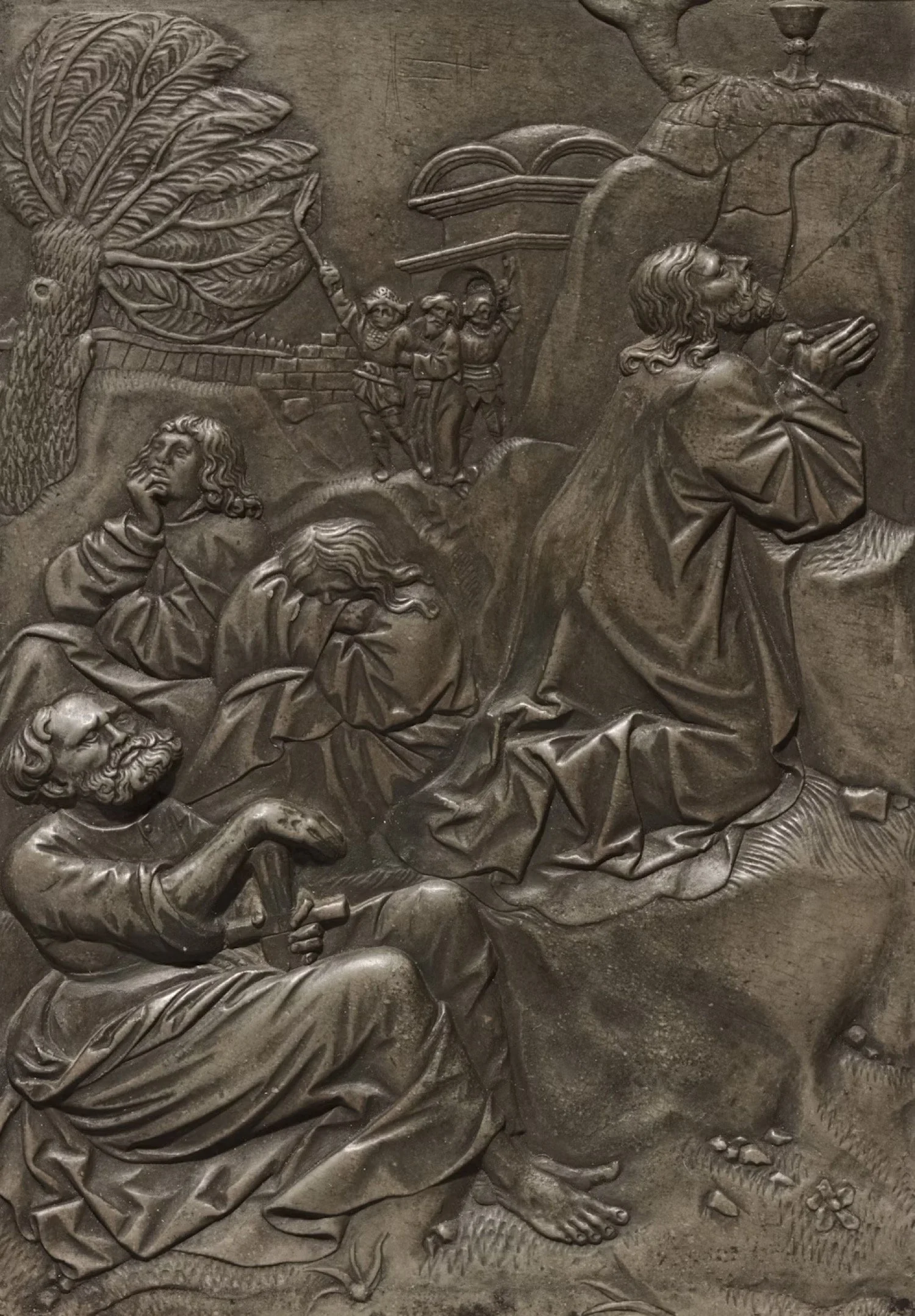Readings for today: 1 Chronicles 19-21, Romans 2:25-3:8, Psalms 11, Proverbs 19:10-12
“But a Jew is one inwardly, and circumcision is a matter of the heart, by the Spirit, not by the letter. His praise is not from man but from God.” (Romans 2:29)
How does transformation happen? From the outside in or from the inside out? Some combination of both? Imagine being the Apostle Paul. You’re a rabbi trained by the great Gamaliel. You are a highly esteemed leader among the Pharisees. You’ve been steeped in the traditions of your forefathers. You know God’s Law by heart. As such, you believe circumcision is at the heart of what it means to be a Jew. It is the defining mark of the covenant people of God. But on your missionary travels, you’ve seen the Holy Spirit come over Gentiles. You’ve seen uncircumcised people respond to the call of the gospel. Not just in isolated cases but in huge numbers. This breaks down all your categories. It disrupts. It unsettles. You feel the theological ground beneath your feet begin to shift.
We are experiencing a similar shift in our world today. Especially in America where Christendom is breaking down all around us. The old world where the church enjoyed “home field advantage” is gone. Gone are the days when businesses were closed on Sundays. Gone are the days when Wednesday night was church night. Gone are the days - in many cases - where the church occupied the center of a community’s life. We are being pushed to the margins. We can feel the ground beneath our feet beginning to shift.
How did Paul respond? He turned back to the Scriptures. The cultural crisis forced him deeper into his faith. Deeper into his understanding of God. Deeper into his understanding of his own traditions. He went back to Abraham. Back to where it all began. He realized circumcision was but an outward expression of an inward faith. Abraham believed God and this is what was counted to him as righteousness. Not circumcision. Not the outward physical sign. And this gave him fresh eyes to see what God was up to in the world. He was able to extend freedom to the Gentiles rather than require them to become Jewish in their faith. He realized God was pushing past all cultural barriers as the gospel began spreading to the ends of the earth.
What about us? How do we handle the cultural crisis of our own day? How do we deal with the tribalism and identity politics of our age? How do engage people who apply a litmus test to relationships that is analogous to circumcision? Do we fight back with our own labels? Do we isolate and retreat from the public sphere? Do we accommodate to much that we lose our Christian identity altogether?
I’ve thought long and hard about these issues. I’ve prayed for God’s wisdom and here is what I’ve learned. It is God’s love that transforms the human heart, not God’s Law. I cannot “require” people to believe like I do. I cannot force them to act “Christianly.” I cannot “police” their language or behavior. All I can do is love them with the unconditional love and grace of Jesus Christ. As they draw near to Him and come to faith, then I can teach them to “obey all Christ’s commands.” Our obedience to God’s Law flows from a heart transformed by God’s love. And transformation comes as the Spirit descends. Transformation comes as the heart is regenerated. Transformation comes as God removes our heart of stone and gives us a heart flesh. Once this miracle of salvation takes place, then we find the strength and desire to faithfully keep God’s Law.
Readings for tomorrow: 1 Chronicles 22-23, Romans 3:9-31, Psalms 12, Proverbs 19:13-14




